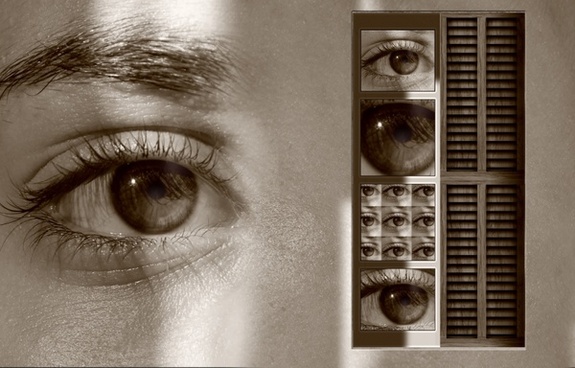METAPHYSICS – AN OVERVIEW : Consciousness, and the Existence of Emergent, Sensuous Qualities

Important
Types of Arguments in Support of the Existence of Emergent Qualities: (l) Thomas Nagel's "What It's Like to Be
a Bat" Argument; (2) The Continuity Objection, and the Line-Drawing
Problem; (3) Frank Jackson's "What Mary Doesn't Know" Argument; (4) The
Logical/Metaphysical/Nomological Possibility of an Inverted Spectrum; (5) David
Chalmers’ Argument: The Logical/Metaphysical Possibility of Zombies; (6) The
“Unconscious Perceivers” Argument; (7) The “Understanding Sensation Terms”
Argument.
Armstrong's
Early Arguments against the Existence of Emergent Qualities:
(1) Armstrong's indeterminacy objection; (5) Armstrong’s intransitivity objection.
(1) Armstrong's indeterminacy objection; (5) Armstrong’s intransitivity objection.
Thomas
Nagel's Arguments: (1) The
relocation used in the case of "phenomenal" physical properties is no
longer available in the case of qualia;
(2) Qualia are known by introspection, while properties of brain
states are not known by introspection;
(3) The "what it's like to be a bat" argument.
Paul
Churchland's Responses to Nagel's Three Arguments: (1) Argument 1: The relocation move is incorrect in the case
of the "phenomenal" properties of physical objects; (2) Argument 2 is unsound, since it
mistakenly assumes that a certain context is extensional; (3) Argument 3 can be answered in the same
way as Frank Jackson's argument, which is essentially the same.
Responses
to Thomas Nagel's Third Argument, and to Frank Jackson's Argument: (1) What Mary acquires when he leaves the
room is not propositional knowledge; (2)
David Lewis and Laurence Nemirow: Mary acquires the ability to make certain
sensory discriminations in a direct fashion, using only her body; (3) Paul Churchland: Mary acquires a
representation of sensory variables in some prelinguistic or sublinguistic
medium of representation.
Comments on the Lewis/Nemirow and
Churchland Responses: (1) The
difference between the Lewis/Nemirow response and the Churchland is that the
former focuses upon an ability, and the latter on the state underlying that
ability; (2) Both responses are open to
the same objection: Very different
states can be a prelinguistic representation of a given property of physical
objects, and those representing states might involve either (a) different
qualia, or (b) no qualia at all. (3)
This shows, however, that the Nagel/Thomas argument really presupposes either
the inverted spectrum argument, or the absent qualia argument.
Armstrong's
Later Anti-Qualia Arguments: (1)
Minds as making up only a very small part of the universe; (2) The peculiar nature of the laws that must
be postulated; (3) The need for a large
number of extra laws; (4) The problem of
the relation between mind and body: Should one opt for epiphenomenalism, or for
interactionism, or for a pre-established harmony? All are deeply problematic: (a) The pre-established harmony view would
only work if the mental were a self-contained realm, which it is not; (b) Epiphenomenalism is 'paradoxical'; (c) Interactionism entails, first, that
physics is an incomplete account even of the inanimate world.






Post a Comment